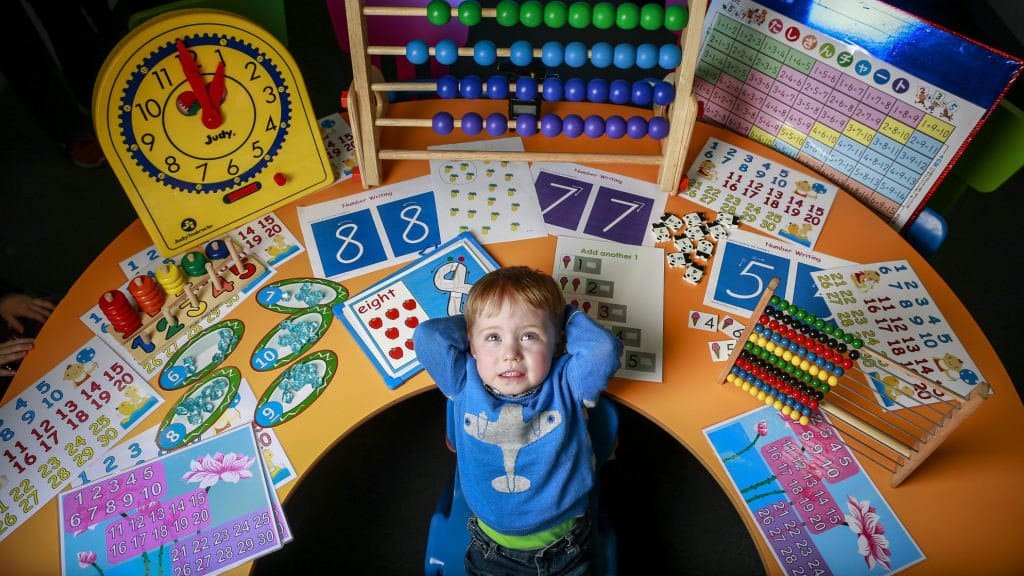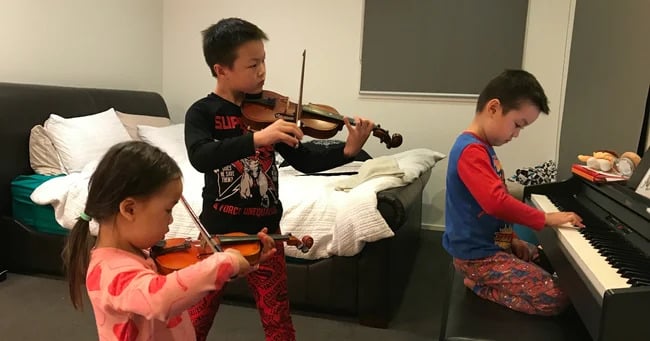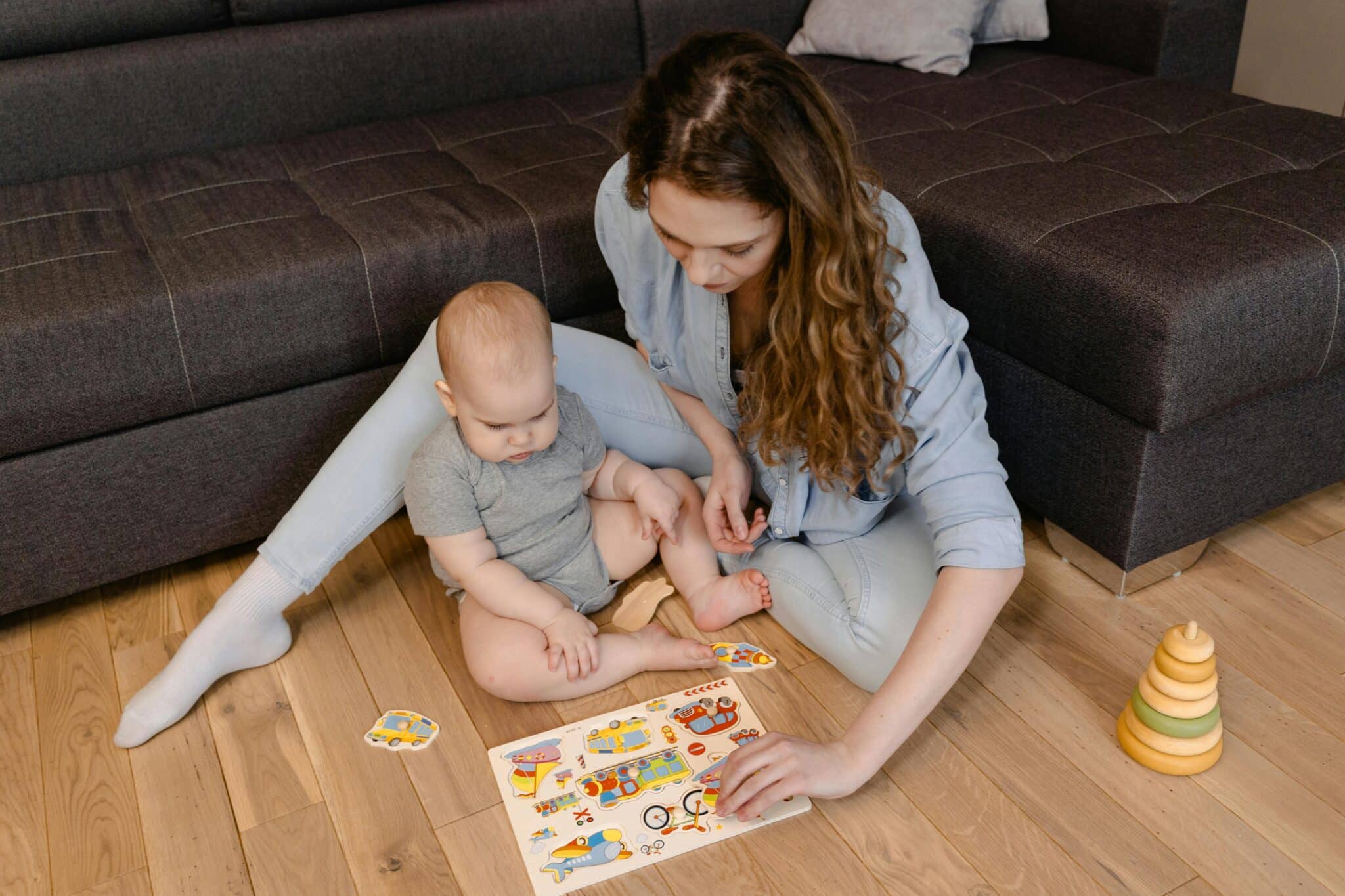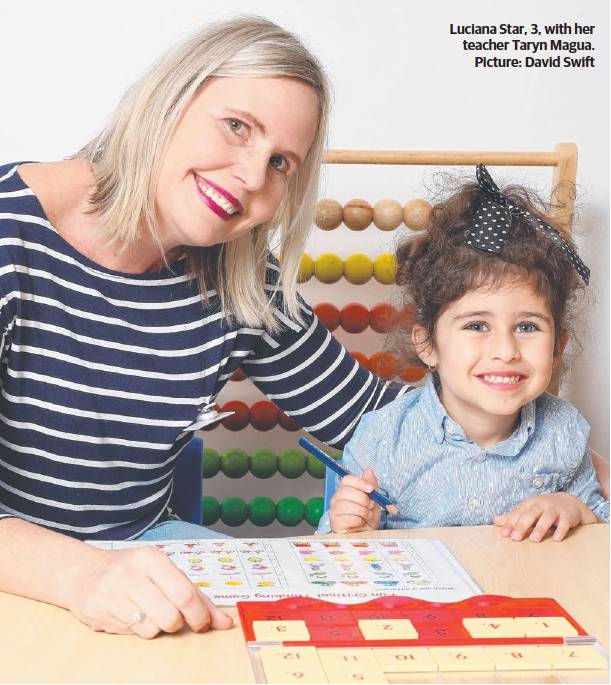
Australia Looks To Improve Numeracy
This article was originally featured in The Age. Read the original published article here
By Henrietta Cook and Timna Jacks
Photo: Eddie Jim
Featuring Shichida Mum Rachel and her son George who is confident in mathematics after attending Shichida classes
A flash card with the equation “2 + 7 = 9” whizzes past three-year-old George’s eyes.
Before he has had time to blink, another equation appears, and then another.

Maths starts early at the Shichida centre in Elsternwick, where children as young as six months old train their brains using a Japanese teaching method.
George already knows his two and three times tables and can count to 15, according to his mum Rachel, who drives for 45 minutes every week to attend the classes.
“He doesn’t see maths as something that is hard,” she said. “He just sees it as another subject.”
As governments, policymakers and educators ponder how to reverse a slump in Australia’s numeracy performance over the past decade, there are growing calls for children to start learning maths before they start school.
Around one third of Victorian grade 1 students struggle to learn number concepts, as research reveals.
Professor Ian Chubb, Australia’s chief scientist, believes that teaching maths and science should begin in kindergarten, drawing parallels with Germany.
Associate Professor Ann Gervasoni, from Monash University, has created an intervention maths program catering to primary school students. Additionally, she has made significant contributions to an early numeracy program designed for children aged three to five, in collaboration with the Smith Family.
Maths at a young age
She said parents should be talking to their children about maths from a very young age. This will improve numeracy understanding from early.
“Every experience that we have during the day is an opportunity to notice and use some mathematics,” she said.
This could involve looking at patterns, shapes, counting and discussing the concept of less and more.
Technological changes reduced children’s engagement with math-focused board games, due to increased smartphone and iPad usage.
“If you think of board games like Monopoly, snakes and ladders and playing snap, they were always experiencing numbers,” she said.
Little Scientists, a German initiative expanded to Australia, provides professional development to early childhood educators in science, technology, engineering and mathematics areas. It taps into children’s curiosity through experiments.
Little Scientists project manager Sibylle Seidler said young children’s ability to learn should not be undervalued.
Brain research
“When you look at brain research, the little brains are like sponges … hence the earlier you start the more you develop the brain.”
At the Shichida centre, the group of two and three-year-olds uses crayons to circle a sheet of pineapples into groups of four. Kids engage in a variety of engaging math activities in each class. This has shown to improve numeracy understanding in a fun way.
Managing director Shiao-Ling Lim states that the lessons maintain a fast-paced nature due to the short attention spans of young children.
“By the time they get out to the workforce, information is exploding everywhere, they need to be able to recall quickly and pull the relevant information together.”
Are the classes putting too much pressure on young children?
“Emphatically this is not to prepare for your entrance exam,” Ms Lim said.
“Parents are therefore looking for something that can help them engage their children and develop a love of learning.”


